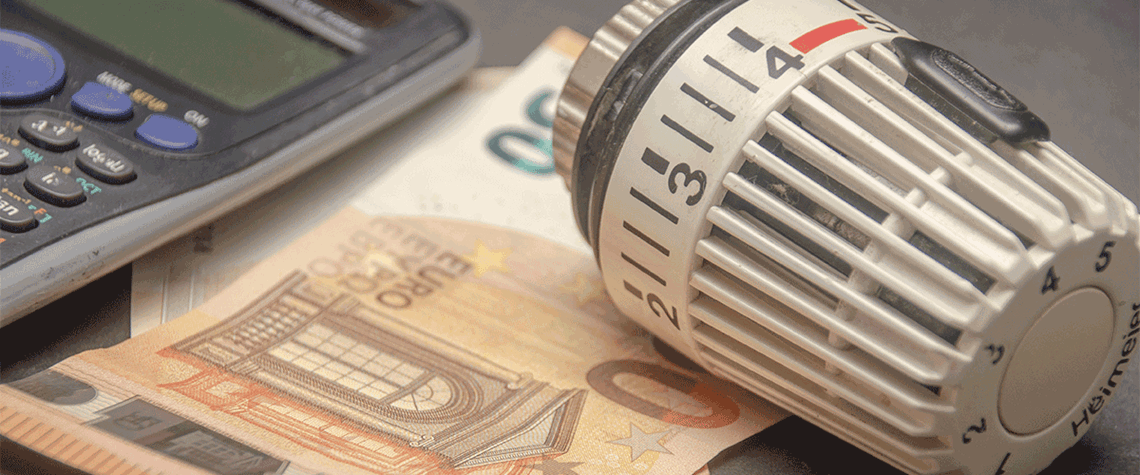Europe counts cost of uncoordinated energy strategy
Calls for EU to reflect on gas subsidy bill of €700bn as common purchase mechanism approaches
Europe is entering spring collectively celebrating having averted the major gas crisis that had been predicted over the winter and preparing to launch a common gas purchasing platform expected to further reduce its dependence on Russia. Yet its energy policies—particularly the steep bill for gas subsidies disbursed over the past year—are also coming under scrutiny, with experts saying better coordination between national bodies is necessary as well as more policies to help Europeans face the transition to renewable energy. “Over the past months, EU member states have been involved in a race to subsidise. Gas supply was limited, and hence the main effect of [the subsidies was to drive competi

Also in this section
22 July 2025
The gas-hungry sector is set for rapid growth, and oil majors and some of the world’s largest LNG firms are investing in ammonia production and export facilities, though much depends on regulatory support
22 July 2025
Next year’s WPC Energy Congress taking place in April in Riyadh, Saudi Arabia will continue to promote the role of women in the energy sector, with a number of events focusing on the issue.
22 July 2025
Pedro Miras is the serving President of WPC Energy for the current cycle which will culminate with the 25th WPC Energy Congress in Riyadh, Saudi Arabia in April 2026. He has over 30 years of experience in the energy sector, including stints with Repsol and the IEA. Here he talks to Petroleum Economist about the challenges and opportunities the global energy sector currently faces.
17 July 2025
US downstream sector in key state feels the pain of high costs, an environmental squeeze and the effects of broader market trends








